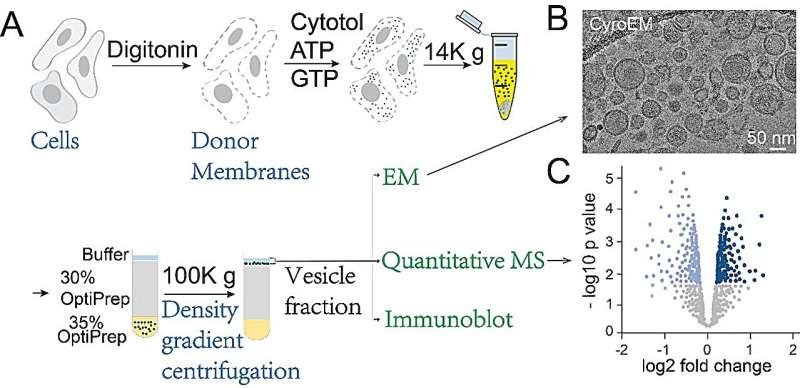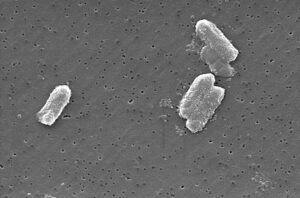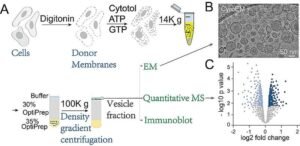ABO Blood Type and Preterm Birth: Your Blood Group Might Be Shaping Your Pregnancy Risk
For decades, doctors have known that certain vaginal bacteria are linked to early, spontaneous preterm birth (sPTB). But why do some women develop these “bad” bacterial communities while others don’t? A groundbreaking new study offers a surprising answer: your ABO blood type.
Yes, the same blood group that determines who can donate blood to whom (A, B, AB, or O) might also be quietly influencing the microbes in your vagina and your body’s immune response during pregnancy. This could explain why some women are more prone to delivering their babies too early.
Let’s break down what the scientists found, in plain language.
What Did the Researchers Discover?
Scientists analyzed health records from over 74,000 pregnant women, along with detailed lab tests on vaginal bacteria and immune markers from hundreds more. Their key finding? Your blood type is linked to your risk of spontaneous preterm birth, and it works by changing your vaginal environment.
Here’s the simple breakdown:
- Blood Type B: Women with type B blood had a higher risk of early delivery. They were also more likely to have an “unfriendly” mix of vaginal bacteria (not dominated by the good guy, Lactobacillus crispatus) and needed more cervical stitches (cerclage).
- Blood Type O: For most women, type O wasn’t a major risk. But if a woman with type O blood had a previous preterm birth or miscarriage, her risk shot up. In these cases, her body seemed to react more strongly (with inflammation) to “bad” bacteria.
- Blood Type A: This group seemed to have a protective advantage. Women with type A blood were more likely to have healthy, Lactobacillus crispatus-dominated vaginal bacteria, had lower levels of inflammation, and had the lowest overall risk of early delivery.
How Does Your Blood Type Affect Your Vagina?
This is where it gets fascinating. It’s not about the blood in your veins—it’s about sugar molecules (called glycans) that your body produces based on your blood type genes.
Think of these sugar molecules like tiny ID tags. Your ABO genes tell your body to make either A-tags, B-tags, or H-tags (which is what type O people have).
The study found these sugar tags are actually present in the fluid in your vagina and on the surface of your vaginal and cervical cells. Different bacteria “like” to stick to different tags.
- Good bacteria like Lactobacillus crispatus seem to prefer sticking to the “A-tag.” This might explain why type A women have more of these helpful microbes.
- Potentially harmful bacteria, like Group B Strep (a known risk for preterm birth), showed a preference for the “B-tag.” This could be why type B women are more susceptible.
It’s like your blood type is setting the dinner table, and different bacteria show up depending on the menu.
The Inflammation Connection: Why Some Bodies React More Strongly
It’s not just about which bacteria are present—it’s also about how your body reacts to them.
- Type A Women: Even if they had some “bad” bacteria, their bodies didn’t mount a strong inflammatory response. Their immune system seemed calmer, which might protect the pregnancy.
- Type B Women: They often had “bad” bacteria and high inflammation. However, the study suggests the inflammation might not always be directly caused by the bacteria. It could be linked to other factors, like a history of cervical procedures for HPV, which is more common in this group.
- Type O Women (with a prior preterm birth): This group showed the clearest link. When they had “bad” bacteria, their bodies reacted with a strong, pro-inflammatory response, which appears to directly trigger early labor.
Essentially, for type O women with a history of preterm birth, it’s the combination of the wrong bacteria plus an overactive immune system that creates the perfect storm for another early delivery.
What Does This Mean for Preventing Preterm Birth?
This research is a game-changer because it points to a completely new way to think about preventing preterm birth: targeting the sugar tags.
Right now, treatments like progesterone or cervical stitches don’t fix the underlying bacterial or immune problem. But if we understand that blood type shapes this environment, we can start developing smarter, personalized solutions.
Future possibilities could include:
- Glycan-based therapies: Creating synthetic sugars that “trap” bad bacteria or encourage good ones to grow.
- Personalized probiotics: Designing bacterial supplements specifically for your blood type.
- Immune modulators: Developing treatments to calm the overactive immune response seen in type O women.
The Bottom Line: A New Piece of the Puzzle
While your blood type isn’t the only factor (things like past history and ethnicity are still very important), this study reveals it’s a significant, previously overlooked piece of the preterm birth puzzle.
It shows that your genetics (your ABO blood group) directly influence your vaginal microbiome and immune response, which in turn affect your pregnancy outcome. This is a major step toward truly personalized medicine for preventing preterm birth.
What’s Next? If you’re pregnant and concerned about preterm birth, talk to your doctor. While blood type testing isn’t yet a standard part of preterm birth prevention, this research is paving the way for more targeted care in the future. Stay tuned—this is just the beginning of a new frontier in women’s health.













Post Comment